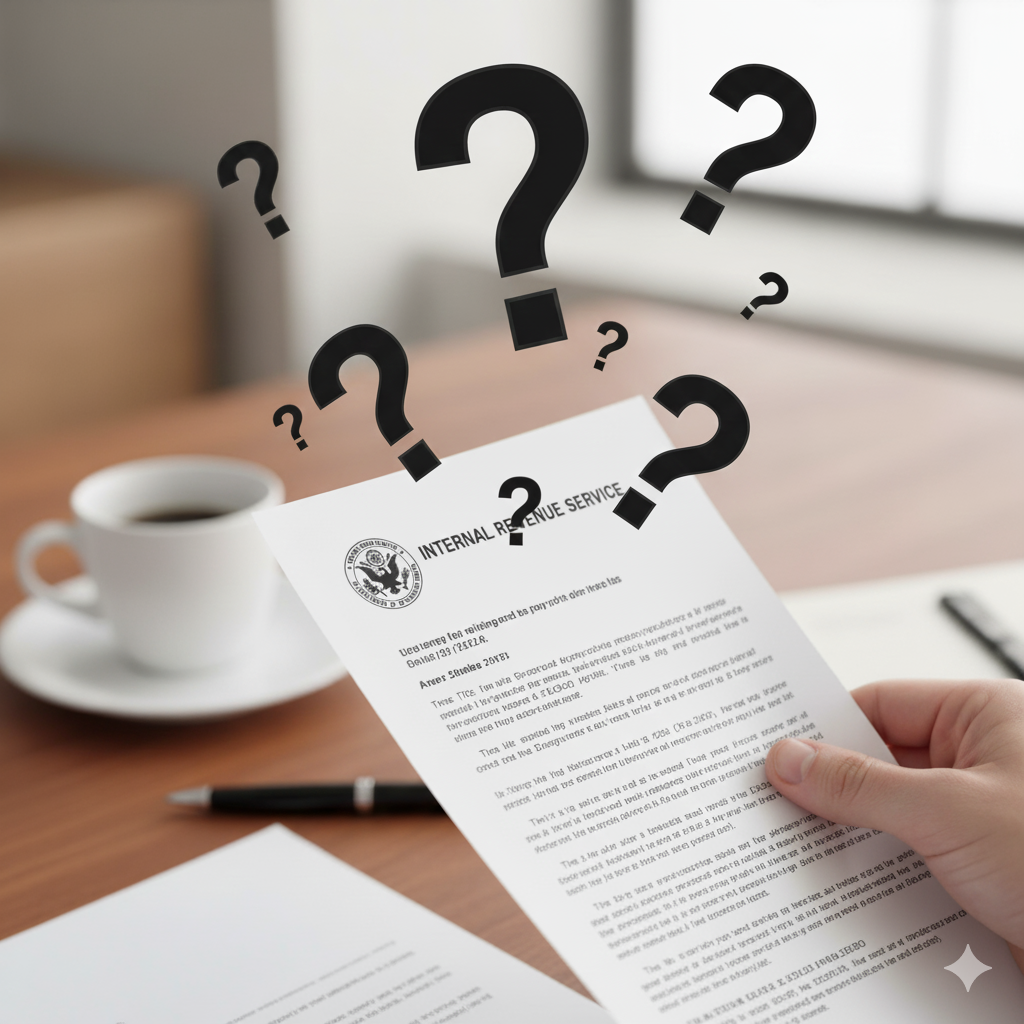IRS Collections "pilot program" made permanent
Fresh off the IRS presses!
Darren Guillot, Deputy Commissioner, Small Business/Self Employed Division, Collection & Operations Support announced today in a post that the IRS's two year pilot program for streamlined collections implemented during COVID will be made permanent.
During the pandemic, flexible installment agreement terms were implemented by the IRS in an effort to help taxpayers who owed back federal taxes. The maximum amount of the total tax debt and the payment terms were increased in an effort to get more delinquent taxpayers back into tax compliance.
The program was such a success, that now the IRS is making the pilot program a permanent part of their collection alternatives.
What this means to you, the taxpayer who owes back taxes:
- Individuals who owe $250,000 or less in assessed federal taxes can establish a payment plan without having to provide a extensive financial statements to the IRS;
- The payment amounts must satisfy the total liability within the CSED (collections statute expiration date);
- The taxpayer can establish terms of the payment agreement that are flexible to their own needs;
- The taxpayer must be within Campus Collections (or Automated Collection System) and not be assigned to a Revenue Officer in the field.
Bottom Line: What the program allows is the flexibility of the taxpayer to set their own monthly payment amounts and resolved their tax debt within the time frame that works for them as long as it is within the statutory period (CSED).
There is a catch:
As stated by Mr. Guillot, the key is to be proactive and resolve your tax balance early--before enforcement begins and/or assignment to the Field Operations.
Once there is a Revenue Officer involved, the flexibility and higher allowed debt is off the table along with the limited disclosure of financial statements.
The IRS will also still seek to protect the interests of the United States by issuing a Notice of Federal Tax Lien if deemed appropriate. This policy has not changed.
But, to establish an installment agreement using your flexible terms with limited financial statements and the ability to sleep at night without worrying about waking up to an empty bank account is a good deal. If you owe back taxes, now is the time to get into a streamlined installment agreement!
